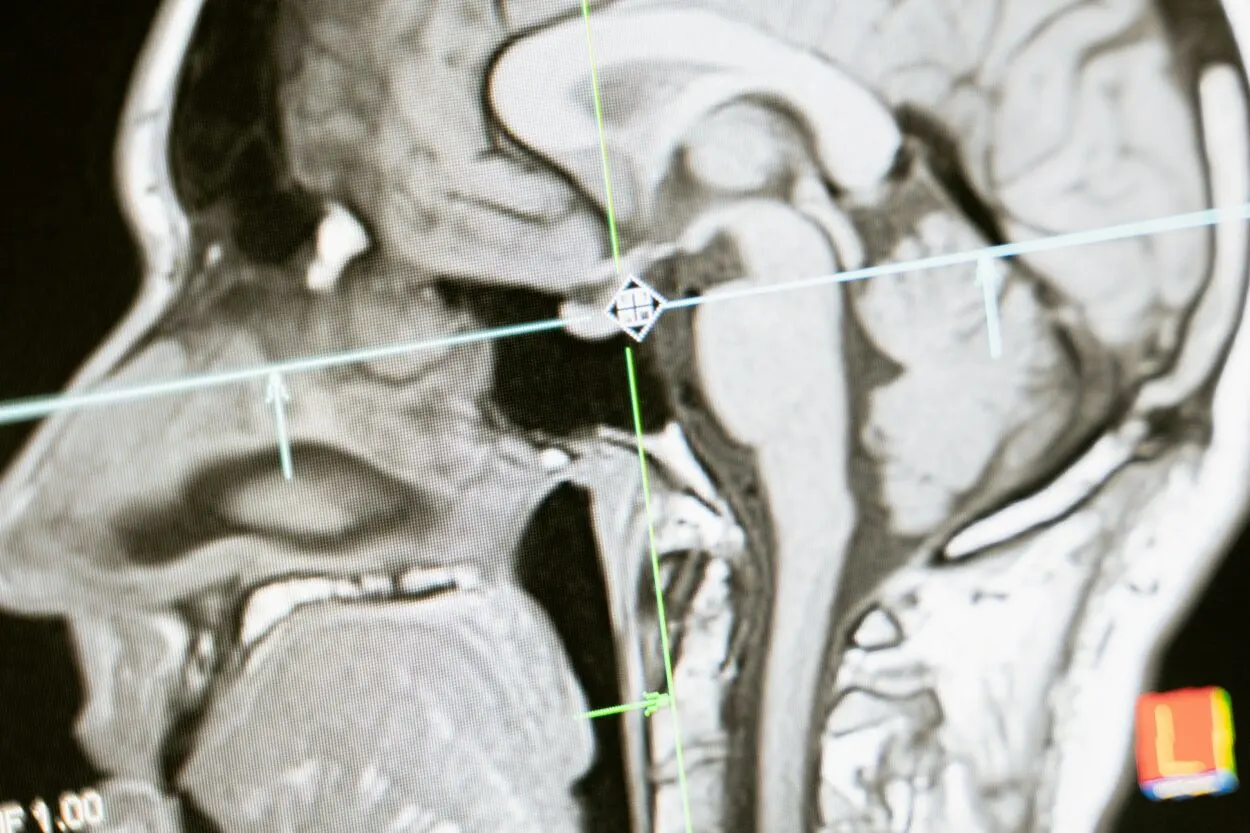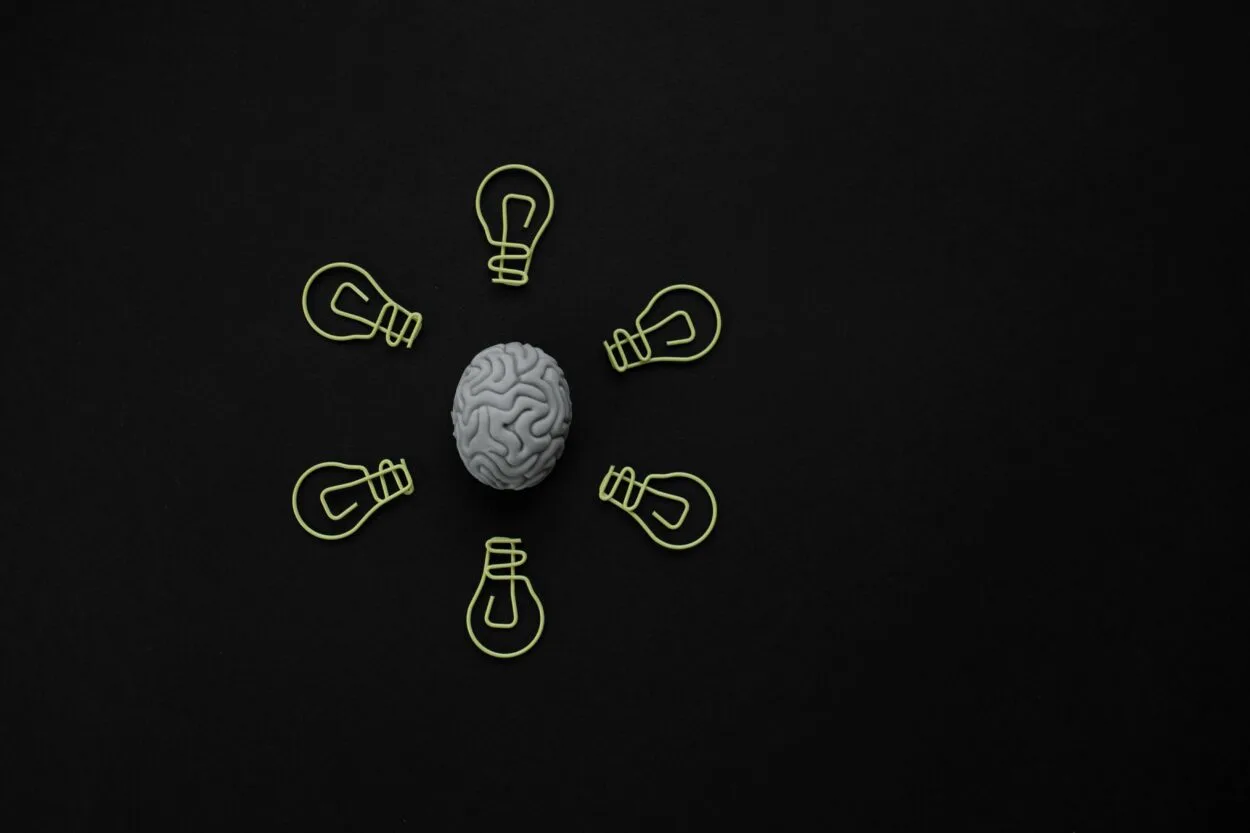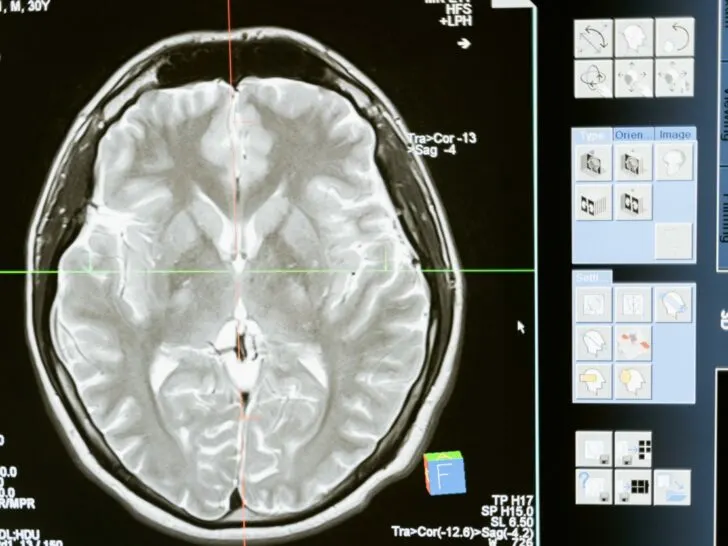Depending on the learner’s preferences, the numerous science subfields provide significant learning in a single subject.
The human brain is incredibly complex; it contains around 100 billion nerve cells, or neurons, each of which transmits an electrochemical signal and performs various functions, including memory development and retention.
The human brain can be studied in various disciplines, including those that concentrate on the parts and operations of the brain.
In contrast to cognitive science, which studies memory, language, reasoning, attention, and learning—mental processes—neuroscience investigates the brain from a biological, neurological, and chemical standpoint.
Keep reading to know more about the differences between cognitive science and neuroscience, along with their specialties.
What Is Science?
The calculated, empirically supported pursuit and application of knowledge and understanding of the natural and social worlds is what is known as science.
Its root is the Latin term scientia, which can be translated as knowledge, expertise, or experience.
Science came to denote communal knowledge in English by the late 14th century. But it has always been understood as a socially rooted activity, with people seeking, organizing, and disseminating information.
The fields that make up science as a whole are separated into subfields. These regions include the bigger subdivisions:
- Biology
- Physics
- Chemistry
- Astronomy
The fact that science is an ongoing endeavor is what I find most fascinating. Every discovery generates fresh questions, conundrums, and demands for an answer.
What Is Neuroscience?

The study of the nervous system, from its structure to its operation, growth to degeneration, in both health and sickness, is known as neuroscience.
The brain serves as its primary focus point, and it encompasses the complete neurological system. Our incredibly complicated brains determine who we are and what we do.
You will research stress, memory, and other mysteries of the neurological system if neuroscience is your major.
Students majoring in neuroscience study a variety of areas, such as chemistry and psychology, to better understand the brain and nervous system.
The following are the research areas in neuroscience that can be studied.
| Types of Research Areas | Description |
| Cellular and Molecular | It aims to gain a comprehensive understanding of the underlying interactions between and within glia and neurons. |
| Systems | It explores how these mental processes are impaired in neurological illnesses and reveal the brain substrates that support them. |
| Cognitive and Behavioral | It explores how these mental processes are impaired in neurological illnesses and reveals the brain substrates that support them. |
| Computational | It shows how neurons organize into networks and encode or decode data about our internal or external states. |
| Translational and Clinical | It investigates how fundamental discoveries in neuroscience relate to disease states, tests ideas of disease progression, and creates fresh possible therapeutic approaches. |
What Is Cognitive Science?
Cognitive science is an interdisciplinary field that integrates knowledge from various areas of study like psychology, philosophy, linguistics, neurology, computer science/artificial intelligence, and anthropology to explore the mind and its functions.
It investigates the characteristics, tasks, and purposes of cognition (in a wide sense). Cognitive scientists focus on how neural systems represent, process, and alter information as they research intelligence and behavior.
Cognitive science aims to comprehend the fundamentals of intelligence to better understand the mind, learning, and the development of intelligent machines.
A broad range of subjects related to cognition is covered by the field of cognitive science; some of the key areas of cognitive science are listed in the table below.
| Subjects of Cognition | Description |
| Artificial intelligence | It entails the investigation of machine cognition. |
| Attention | The selection of pertinent information is what it is. |
| Bodily processes related to cognition | It emphasises embodied cognition places a strong emphasis on how the body and environment affect understanding. |
| Learning and development | These are the methods by which we gradually pick up knowledge and information. |
| Memory | We can save information there for later retrieval. |
| Consciousness | It is the awareness of internal and external experiences. |
Difference Between Cognitive Science And Neuroscience

Both cognitive science and neuroscience are fascinating and challenging to research, and they have developed over time. Recently, they have begun to overlap, although in the past they were more distinct.
It is the study of cognition, or thought, and is a branch of human psychology. It encompasses communication, decision-making, problem-solving, and perception, particularly actively aware perception.
The study of the anatomy and physiology of neural tissue served as the foundation for the biological field of neuroscience. Clinical neurology and neurobiology gave rise to it, which later developed into neuroscience.
Some claim that they are both concerned with how cognitive processes work, and there are undoubtedly many areas where their interests overlap.
However, they are not the same. The primary distinction is between the approaches or methodologies utilized to study cognitive processes.
Is Cognitive Science More Multidisciplinary?
It is a discipline that integrates findings from various fields, including linguistics, philosophy, psychology, computer science, anthropology, and biology.
It requires them to know many different subjects and skills.
The study of cognitive science focuses on the neuronal, central nervous system, and behavioral levels of human, animal, and mental processes.
It also emphasizes artificial intelligence computing, the theory of knowledge, and the growth and structure of communication and culture. It is the interdisciplinary field that colleges and universities that are seeing the fastest growth.
It explores these issues from several methodological angles, including behavioral evidence for how these systems function and formal, symbolic, and biological evidence for the computational and brain underpinnings of those systems.
Studies Related to Cognitive Science and Neuroscience
Psychology

Two men who were active in the 19th century are widely recognized as the founders of psychology as a science and academic discipline distinct from philosophy. Their names were William James and Wilhelm Wundt.
Psychology is the scientific study of the mind and behavior; psychologists are actively interested in researching and comprehending how the mind, the brain, and behavior work.
Cognitive, forensic, social, and developmental psychology are just a few of the numerous subfields of psychology. Someone who has a mental health issue may benefit from a psychological assessment and a treatment plan.
Neuroanatomy

The study of neuroanatomy examines how the nervous system’s structure and function are related.
The study of both macroscopic and microscopic features is a part of neuroanatomy. Larger structures like the folds of the brain are known as macroscopic structures.
The peripheral nervous system (PNS), is made up of the nerves and other types of supporting cells that branch throughout the rest of the body and connect back to the central nervous system (CNS).
The central nervous system (CNS), which is composed of the spinal cord and the brain, is the two primary components of the nervous system.
Conclusion
- The study of the mind’s transdisciplinary processes, including perception, motor organization, memory, language, reasoning, consciousness, and learning and growth, is known as cognitive science.
- The transdisciplinary cognitive sciences have gained importance and status recently, both domestically and internationally.
- Neuroscience, neuropsychology, psychology, computer science, linguistics, and philosophy are incorporated within cognitive science.
- The study of the nervous system and the brain is known as neuroscience. Our brains are incredibly intricate. Various forms of neuroscience can be used to comprehend this complexity. Neuroscientists investigate the connections between brain cells and how they communicate with one another, including the substances that are used.

